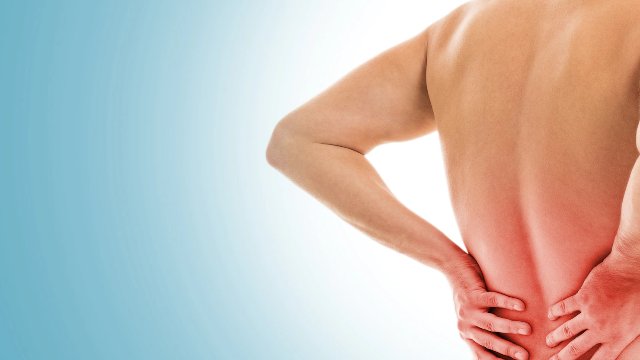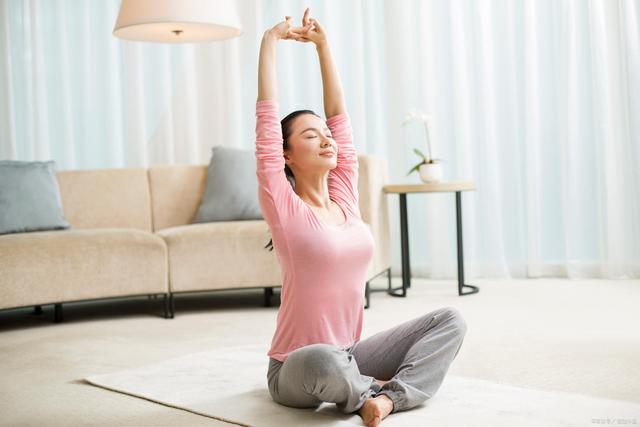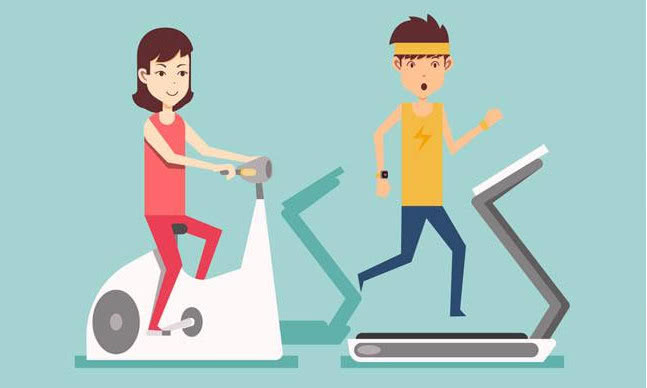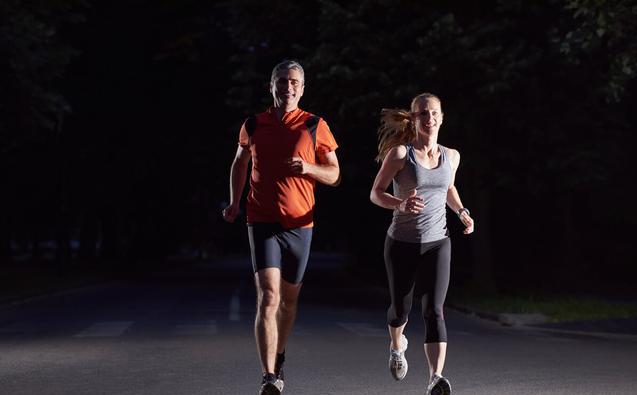
Nowadays, people often sit for a long time and lack of exercise, making low back pain gradually become a common problem across ages. A man in his twenties and thirties has a waist in his fifties and sixties. It hurts when sitting or standing, even when lying down.
The waist is one of the important parts of the human body. Many casual habits in daily life always increase the burden on the waist, which leads to backache, lumbar muscle strain and other problems for some people at a young age. How important it is to protect your waist!
Although it is said that low back pain is related to many factors, the pressure of many bad postures on the lumbar spine is obvious.
5 frequent small movements "hurt the waist most"
Action 1: Squat
If you squat too hard or use incorrect squatting posture, you may also strain your waist. The correct squatting posture is that when squatting, both legs support the body together, and the head, chest and knee joints are at the same angle.
High low squatting posture is most beneficial to the health of the waist. The right foot is in the front and the left foot is in the back. The legs are close and squat down. The right foot is all on the ground, the lower leg is perpendicular to the ground, the left heel is raised, and the foot is on the ground.

Action 2: Lift
Many people like to carry a heavy object, which is easy to damage one side of the psoas muscle and cause pain. The correct method is to share the weight with both hands, so that the lumbar spine is evenly stressed. The things you pick up should not be too heavy, because brute force hurts your waist most. It's better to use tools when carrying heavy things.
Action 3: Station
The common incorrect standing posture is mainly chest flexion and shoulder droop, which can easily compress the spine and peripheral nerves, affect the cardiopulmonary function, and lead to cervical spondylosis, intervertebral disc degeneration and other cervical and lumbar diseases over time.
Therefore, when standing, the waist should be kept straight. Viewed from the side, the ears, shoulders, hips, knees and ankles should be in line, and the pelvis should lean forward slightly.
Action 4: Sit
In one's life, one spends more time sitting than walking. When sitting, it will lead to lumbar muscle strain, spinal curvature, myopia and other problems. Maintaining this posture for a long time will lead to degeneration and aggravation of lumbar intervertebral disc. The correct sitting posture is to keep the upper body straight, close the abdomen and close the lower limbs when sitting. If you are sitting on a chair with a back, you should try to keep your back close to the chair back based on the above posture, so that the lumbosacral muscles will not be too tired.

Action 5: Carry
When carrying things, some people are used to throwing things onto their shoulders all at once, and use the strength of one shoulder to carry them. This process may also strain the waist. The strength used to carry things is integral, not only the strength of the arms is needed, but also the strength of the waist and legs. It is best to squat halfway first, and slowly lift the weight to the waist first, and then put it on the shoulders, just like weightlifting, with a buffer, and pay attention to the left and right shoulders. It is recommended that people who often carry things strengthen their exercises, such as doing push-ups, sit-ups, and weight-bearing squats.
In short, incorrect posture will indeed increase the pressure on the lumbar vertebrae and intervertebral discs, which requires everyone not to stoop and lean forward when sitting. Cushions should be put on the back of the waist to reduce sitting time and stand up for about half an hour; When standing or walking, keep your body straight and do not hunch over; When sleeping, keep a reasonable posture and control the sleeping time. In addition, we should also pay attention to exercise and outdoor sports to increase the strength of the back muscles in order to better protect the lumbar spine.
Popular Articles
-
7 minutes to create a strong and sexy arm line

-
 Stewed Frog with Tianqi Salvia
Stewed Frog with Tianqi SalviaDec 22, 2024
-

Photos
The world's most beautiful big cities at nightDec 22, 2024
-
 Five high-calorie fruit | The fruit you eat may be higher in calories than fried chicken!
Five high-calorie fruit | The fruit you eat may be higher in calories than fried chicken!Dec 22, 2024
-
 Treadmill PK elliptical machine, which is more fat burning?
Treadmill PK elliptical machine, which is more fat burning?Dec 22, 2024
-
 7 benefits that people who run for a long time reap
7 benefits that people who run for a long time reapDec 22, 2024







Comments
0